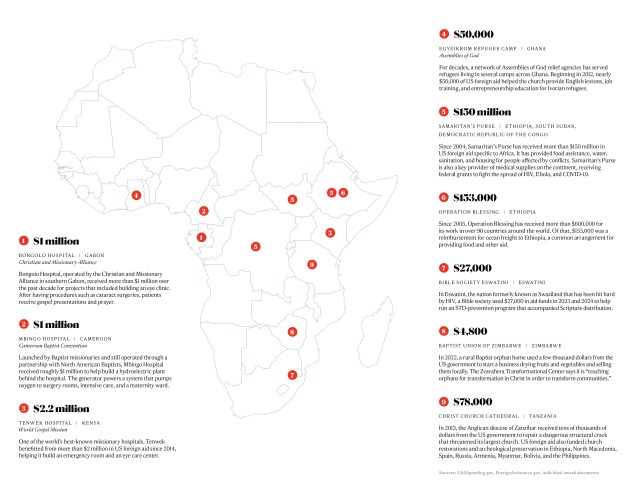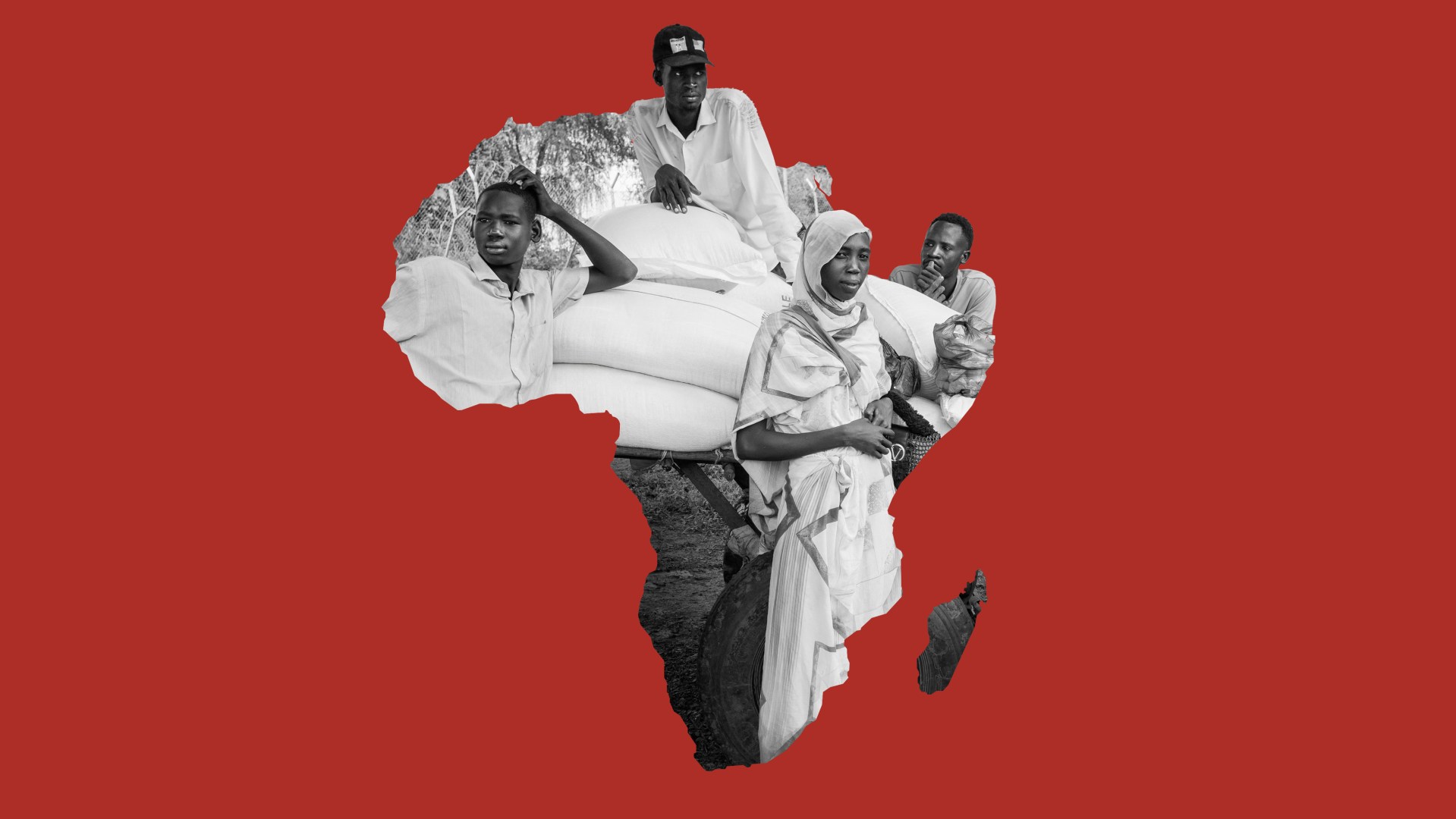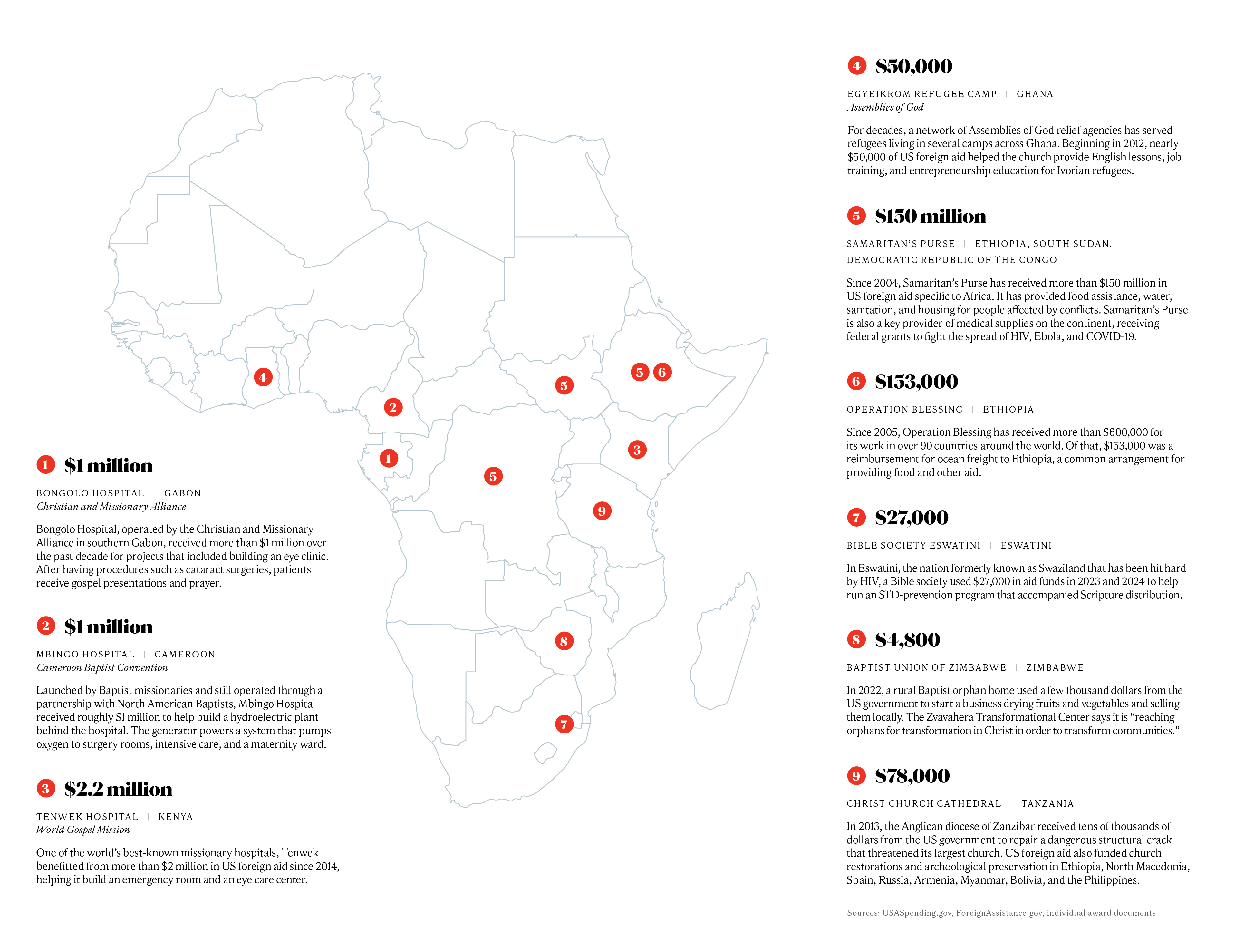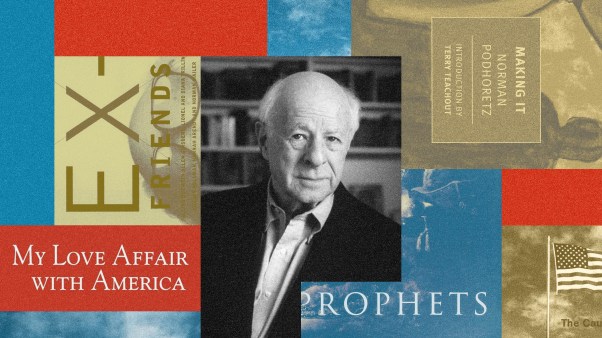In January, Elon Musk and others working for President Donald Trump’s administration swiftly dismantled the United States Agency for International Development (USAID), the humanitarian arm of American foreign policy. Musk and other Republican officials criticized the roughly $35 billion agency as wasteful and corrupt. Less than 20 percent of USAID programs have survived the purge, and some of those that remain are reported to exist only on paper.
Evangelicals have also questioned and criticized American aid, for example, when money went to promote LGBTQ rights or the distribution of condoms. But at the same time, USAID has underwritten the work of many household-name Christian groups, including World Vision, Samaritan’s Purse, Catholic Relief Services, Operation Blessing, International Justice Mission, Mercy Ships, and Food for the Hungry. If a Christian in America gives to a charity working abroad, chances are the ministry was also supported by federal dollars.
But the foreign aid also goes beyond big names. The grassroots faith-based organizations that formed the foundation of PEPFAR (the US initiative to combat HIV/AIDS around the world), for example, were funded by USAID. CT analyzed government databases to review USAID grants in Africa since 2000. The results offer a sampling of how local church groups, denominations, and evangelistic ministries directly benefitted from the humanitarian spending that Musk, Trump, and their departments have slashed.
Sources: USASpending.gov, ForeignAssistance.gov, individual award documents















